Arms supplies from Russia to Iran will not only continue, but could grow significantly if Russia gets the opportunity.
Nikita Smagin
{
"authors": [
"Dan Baer",
"Noah Gordon",
"Amr Hamzawy",
"Zainab Usman"
],
"type": "questionAnswer",
"centerAffiliationAll": "",
"centers": [
"Carnegie Endowment for International Peace"
],
"collections": [
"Climate Change",
"Climate, Geopolitics, and Security",
"Climate Change, Vulnerability, and Governance in the Middle East and North Africa"
],
"englishNewsletterAll": "",
"nonEnglishNewsletterAll": "",
"primaryCenter": "Carnegie Endowment for International Peace",
"programAffiliation": "",
"programs": [],
"projects": [],
"regions": [
"North America",
"United States",
"Middle East",
"North Africa",
"Southern, Eastern, and Western Africa",
"Western Europe"
],
"topics": [
"Climate Change"
]
}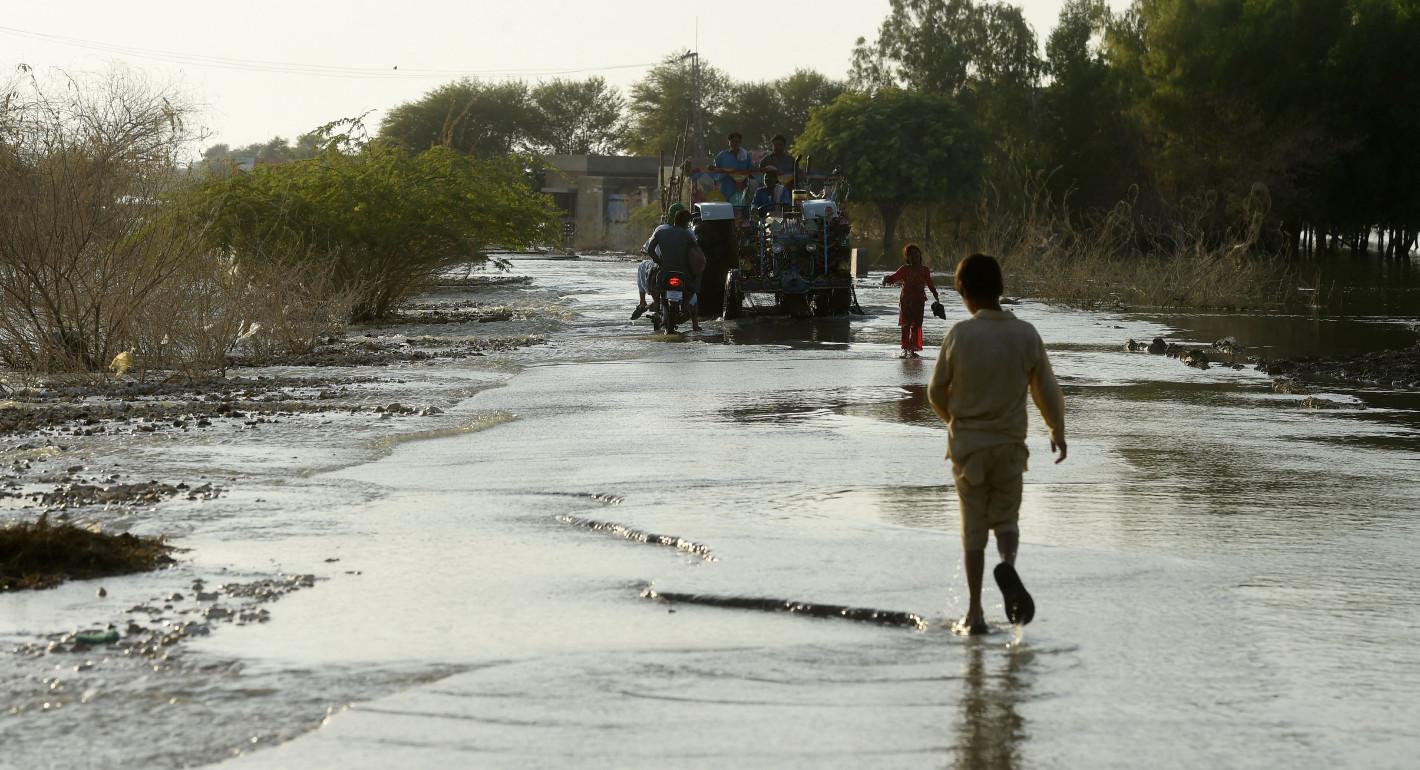
Source: Getty
“We have to be very clear-eyed about what is feasible, politically and socially.”
Last month, a new United Nations report stated that countries are failing to meet their climate pledges, and warming is likely to far exceed the initial 1.5 degree Celsius target set in 2015. Before the COP27 climate conference in Sharm El-Sheik, Egypt, begins, Carnegie experts gathered to discuss what to expect from the conference and what they hope to see happen.
Below is a transcript of the event. It has been edited and condensed for clarity.
Dan Baer, senior vice president for policy research: What do you expect to see in terms of what African countries will bring to the table?
Zainab Usman, Africa Program director: A key point to consider is that there are so many commitments that have been made over the years, certainly last year at COP26. For African countries and a lot of the Global South, there’s going to be an emphasis on tracking progress. The Egyptian presidency of COP27 has stated that one of its objectives is to try to move ahead with implementation of these various commitments.
[One notable commitment] is around the energy transition—moving away from fossil fuels. Last year there was an announcement made by a number of countries, particularly in Europe but also including the United States, to phase out the financing of fossil fuel projects abroad. The situation has now been complicated with the disruption of energy markets globally. So that’s one thing that’s definitely going to be on the table for a lot of African countries, because they were affected by this decision to ban financing of fossil fuel projects abroad.
A second one is South Africa’s Just Energy Transition Partnership, which was really one of the most notable things to come out of COP last year. Some progress has been made on that front. JETP, as it’s called, was meant to provide $8.5 billion of financing to support South Africa’s phaseout of coal, and a strategic investment plan has been under development over the past couple months. This strategic investment plan is meant to inform the way the financing is going to be allocated—either as loans or concessional finance or even grants. So this is something that’s going to be announced at Sharm El-Sheikh.
The final thing I want to mention is the push to mobilize more climate finance, given the failure to provide $100 billion that was promised in Copenhagen [in 2009]. We saw a number of different announcements—by the UK presidency and the Canadian presidency, for example—that were trying to mobilize around $50 billion or so. So there’s going to be an emphasis to track that.
But very importantly, the Glasgow Financial Alliance for Net Zero was also announced last year to mobilize private capital. This was a coalition of all of the major private-sector entities—whether investment banks or hedge funds or private equity firms—to commit to decarbonization [through] more than $130 trillion worth of private assets. That has kind of not, well, we’ll see where the progress on that is.
Dan Baer: How do you think the shift from mitigation to adaptation will play out in a Middle East and North Africa context?
Amr Hamzawy, Middle East Program director: The Middle East has been impacted in a massive way by the Russian war in Ukraine, at least on two fronts. Number one: energy prices, especially for the non–oil producing or non–oil exporting part of the Middle East, which is the majority of the countries. If you leave the Gulf region aside, everyone else is facing huge spikes in energy prices.
The second is food insecurity. The Middle East is a net importer of food. The sub-region in the Gulf gets 90 percent of its food from outside, while the rest of the region gets 50 to 60 percent of its food from outside. With the spike in food prices and energy prices for oil non-exporting countries, this has been putting a great deal of new restraints of government’s capacities.
So what we’ve been seeing in the last months has been a set of plans for climate adaptation and mitigation from key countries in the region, but the implementation has been lagging behind for reasons pertaining to diminishing or diminished financial capabilities.
When you look at COP27, what we have to keep an eye on from a Middle East and North Africa perspective—similar to what Zainab was saying—is the push from the Global South on two fronts: global financing, and then adding to it a set of other mechanisms that are being suggested. Egypt is putting forward a suggested mechanism for loss-and-damage compensation that gets the developed world to commit seriously and to deliver financially for countries in the Global South with regard to adaptation and mitigation.
In a way, it’s no longer only addressing loss and damage or adaptation and mitigation from an energy perspective. . . . What we are facing is not only the challenges of coming up with meaningful projects to address and push forward with regard to climate mitigation, but also to address the social vulnerability related to it.
We have a huge burden on Middle Eastern and North African governments when it comes to communities that are suffering from displacement—farmers in Tunisia, migrants everywhere in North Africa, communities that are facing the impacts of climate change. And that component of social vulnerability needs to be addressed as well.
Dan Baer: In some sense, both adaptation and loss-and-damage conversations are about large financial transfers from the Global North to the Global South. . . . Yet this requires transfers from countries that, while wealthy, are also going through their own economic crises right now, partly thanks to the lingering effects of [the coronavirus pandemic] and partly thanks to Russia’s war against Ukraine. Does that make cooperation less likely at precisely the moment where it’s becoming more urgent?
Noah Gordon, Europe Program fellow: I think it does make cooperation on loss and damage or reparations for climate change less likely. One reason for all this talk of loss and damage is that so much climate damage is now unavoidable. It is perhaps underappreciated that climate change only begins to slow when greenhouse gas emissions reach net zero, and even if we miraculously get on a pathway to 1.5 degrees Celsius, that won’t happen until the 2060s.
So that’s why you have this increased talk of adaptation and loss-and-damage funding, the euphemism for climate reparations. Developing countries expect money for loss and damage to come separate from mitigation and adaptation funding . . . [and they] have two main goals in Sharm El-Sheikh.
The first is to get loss and damage properly on the COP agenda. So far, loss-and-damage talks have been more like a side event. Egypt has accepted a proposal from the G77 group of developing countries to make it a standing item, and the hope is that countries unanimously agree to add it to the agenda at the start of the conference.
And second, despite the economic crisis, it’s a difficult time with high inflation and slow growth for rich countries to commit to financing. There’s always something—last COP there was a pandemic. So developing countries hope that there can be an agreement to set up a financing facility, even if not much money can arrive this year. The $15 million that has arrived for loss and damage so far from Denmark and Scotland is really a drop in the bucket when you’re talking about damages in the billions.
But developing countries want to get a finance facility established now, then push the details at COP28 next year in the UAE.
Dan Baer: Zainab, Nigeria’s a country that you know well. You’ve had a book come out recently about Nigeria’s economic transition. How is it approaching COP27? How does an individual country’s delegation approach an international negotiation like this?
Zainab Usman: Nigeria is . . . Africa’s largest economy. It’s [a major] oil producer. So it has specific needs, and last year it was one of the two main developing countries—alongside India—to make a very prominent commitment to achieve net zero by 2060. India’s commitment was for 2070.
The discussion around using natural gas as a transition fuel has been very, very crucial for Nigeria. In fact, Nigeria’s leaders have written opinion pieces and done road shows since last year making the case for African countries to be able to use natural gas in their transition.
The war in Ukraine has made that need for flexibility even more salient, because the very European countries that were against the use of natural gas in developing countries have gone to African countries—I’m thinking of the German chancellor, who was in Senegal—to negotiate a deal to get natural gas for use by Germany. A lot of these European countries, sitting on the board of the World Bank, are still blocking financing for the use of natural gas in African countries. Many [countries] are getting quite angry on that front, and Nigeria is certainly one of them.
But I want to zoom out a bit beyond Nigeria, because right now within African countries the discussion is around how to put forward a common African position, particularly around flexibility in the use of natural gas to achieve objectives around electrification. Africa is the epicenter of energy poverty: 600 million Africans lack access to any form of energy—for electrification but also for clean cooking. So that has really been a priority. But [this also ties into] sustainable financing, so that the financing for adaptation is not just packaged as loans. Three-quarters of [climate financing] has been packaged as loans, but a lot of these countries are already under debt distress.
So those are some of the priorities for Nigeria, but they also speak to where a lot of African countries are currently.
Dan Baer: One of the things that gets mixed up in these conversations is a justice-oriented conversation around who deserves compensation for damage already incurred. Then there’s a practical one around where should we focus if we have a limited pool of investment. Is there value to trying to tease those apart, or should we continue to treat that as a mixed-up soup of conversation?
Zainab Usman: I would say that they’re not as separate as they initially seem. Part of the advocacy around climate justice is also around being practical about what is feasible.
We have to be very clear-eyed about what is feasible, politically and socially. In the case of Africa—and this is quite salient there—in our drive to get to net zero by 2050, we shouldn’t also sacrifice the development aspirations of hundreds of millions of Africans, right? People have the legitimate right to want to increase their incomes, to pull themselves and their households out of poverty, to reduce energy poverty. Stopping deforestation is another that comes to mind: if we don’t provide an intermediate fuel so that people can have clean cooking solutions, they’re going to keep chopping forests down to use as firewood.
So those two are quite interconnected, and sometimes in thinking about getting to that end state, we’re forgetting about what practical solutions are feasible, and that seems very unjust to some people.
Noah Gordon: It’s hard to know what to tackle first. And the debt part of [the justice issue] is very important. Egypt says it’s worried about things like water shortages and flooding in the Nile Delta, but it also points out that one reason it has been unable to invest in renewable energy, for example, is that its debt burden is so high. So much of its government budget goes to paying interest on that debt.
There’s this feeling of playing whack-a-mole or the polycrisis, to use the term of the day, and it’s a difficult balancing act for sure.
Dan Baer: If you could put one thing on the COP27 agenda that would be a proof of concept over the course of the next year, what would be something that leaders should engage with that’s outside the existing agenda? What would be a good pilot that could maybe prove that climate diplomacy can deliver something?
Zainab Usman: That is very, very tough. Initial ideas that have been put forward around mobilizing private capital—just finding ways of making that work. There’s so much private capital lying dormant and funding all sorts of dodgy startups here and there that can be allocated to financing and investing in climate action.
Noah Gordon: I wonder if we could do more with insurance, and especially parametric insurance. The world is somewhat used to dealing with acute crises, like a hurricane or a famine. But climate change does this slow-motion damage. We’re not so used to dealing with floods that happen every year over twenty years, or a part of the world that gradually becomes less suitable for agriculture over twenty years.
Or maybe more formalized mechanisms for getting aid to countries like Pakistan—not just in the two weeks after a flood, where you can send $5 by texting a phone number you saw on the TV. But something more formal, where you don’t have to assess that a certain amount of damage happened, but if a flood reaches a certain height, maybe just talking about creating a pool of money that could be shared out to countries like that.
Amr Hamzawy: [The first thing, examining climate] challenges and risks in a way that relates them to preexisting risks is a key strategy going forward. [We look at climate change] as causing an independent set of risks or challenges and ignore preexisting risk. For example, Iraq faces food insecurity and drought, and climate change accelerates a great deal of the preexisting risk. If you look at places like Egypt, Tunisia, and Libya, we are facing challenges related to desertification and water scarcity, and climate change needs to be brought into the mix. We have to measure correlations, but not by separating out climate change.
Second point, and I believe the Egyptian presidency is spending some time contemplating how to do it, is to activate alliances across continents in the Global South so that we no longer have only the Middle East and North Africa speaking separately from Africa, or Africa separately from Asia and Latin America. We do need more of a Global South narrative to be put forward.
Follow Dan, Noah, Amr, and Zainab on Twitter for COP27 updates from Sharm El-Sheik. For more from Carnegie on COP27 and climate-related research, sign up for email updates and subscribe to the Carnegie This Week newsletter.
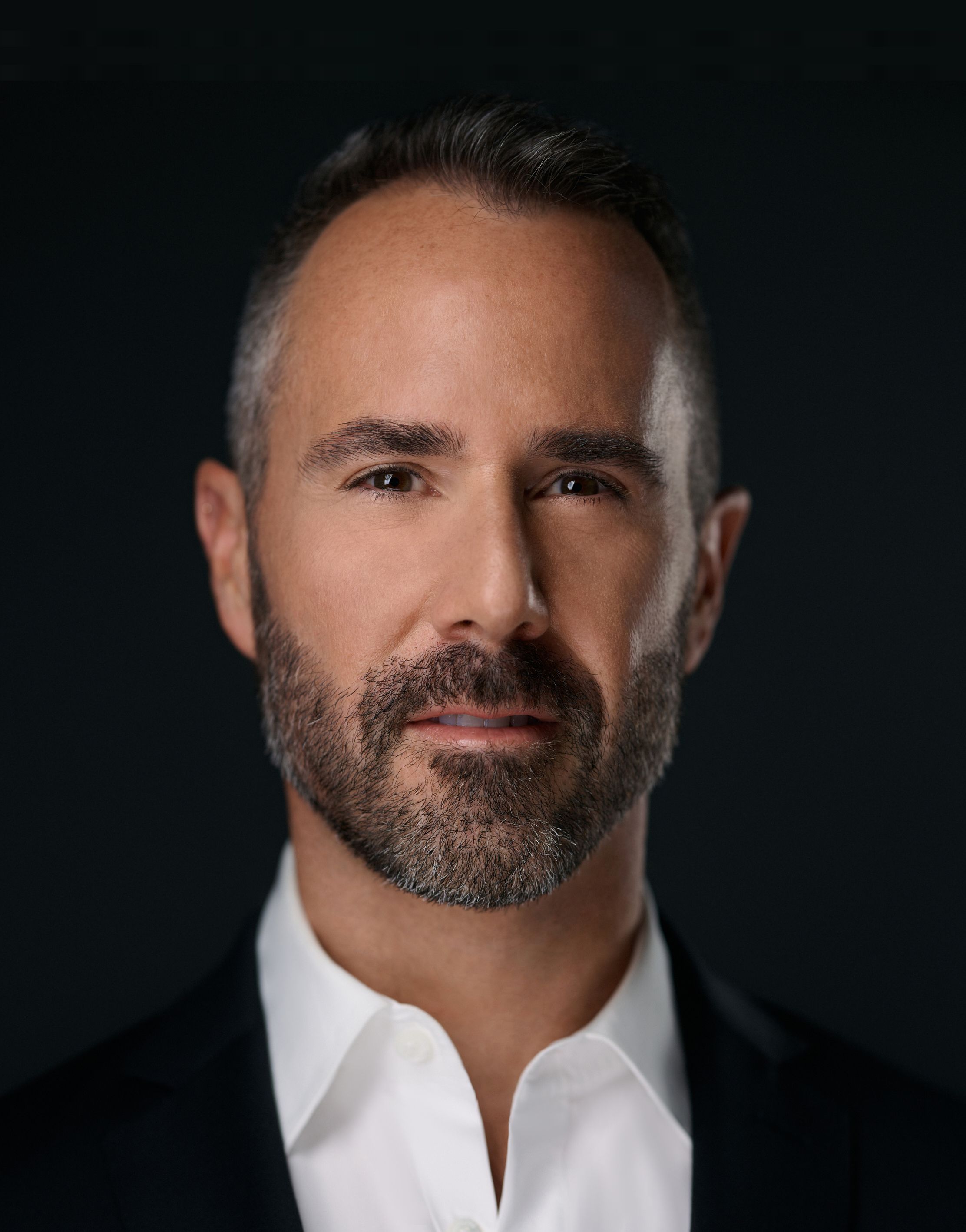
Senior Vice President for Policy Research, Director, Europe Program
Dan Baer is senior vice president for policy research and director of the Europe Program at the Carnegie Endowment for International Peace. Under President Obama, he was U.S. ambassador to the Organization for Security and Cooperation in Europe (OSCE) and he also served deputy assistant secretary of state for the Bureau of Democracy, Human Rights, and Labor.
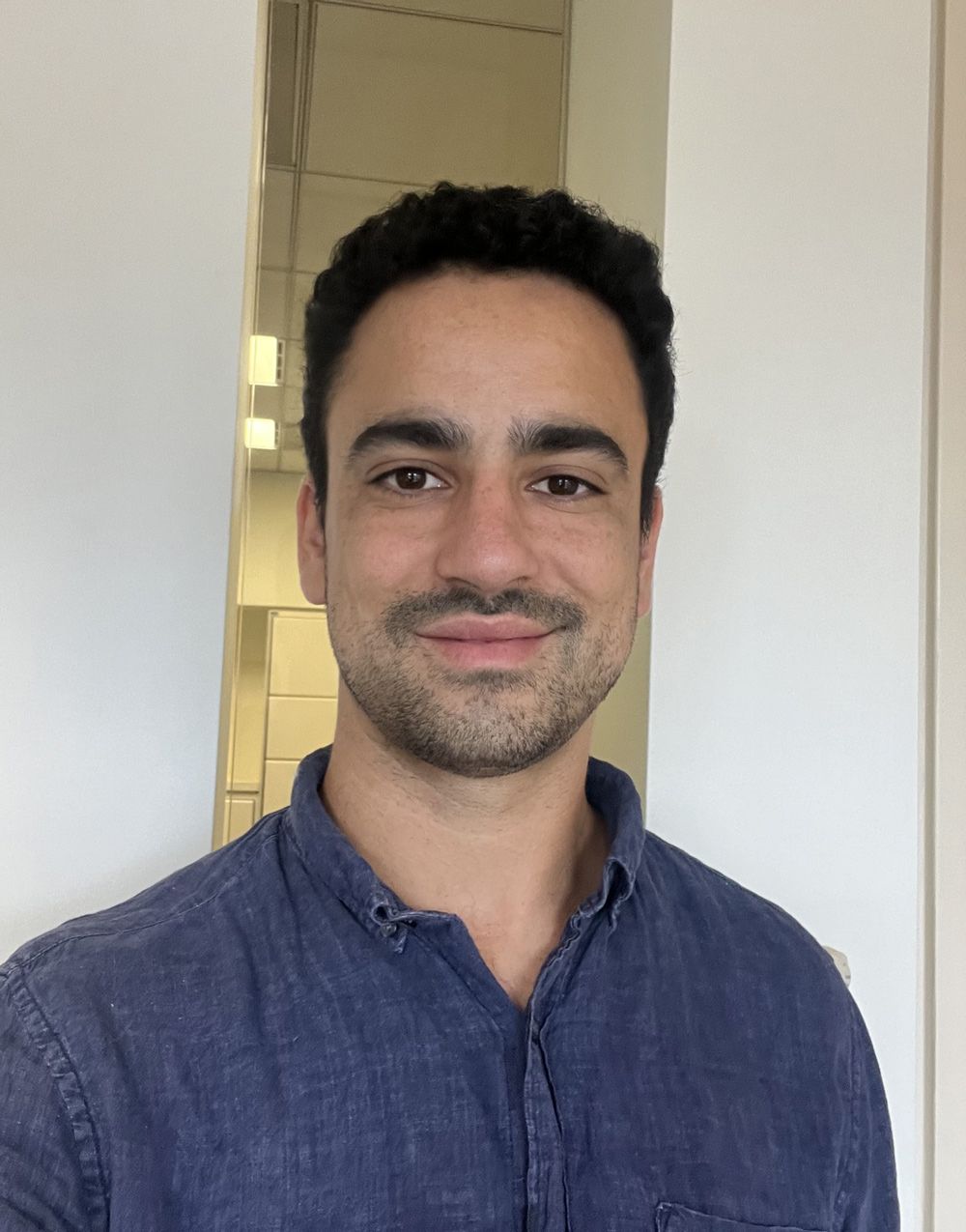
Fellow, Sustainability, Climate, and Geopolitics Program and Fellow, Europe Program
Noah J. Gordon is a fellow in the Sustainability, Climate, and Geopolitics Program at the Carnegie Endowment for International Peace in Washington, DC.

Director, Middle East Program
Amr Hamzawy is a senior fellow and the director of the Carnegie Middle East Program. His research and writings focus on governance in the Middle East and North Africa, social vulnerability, and the different roles of governments and civil societies in the region.
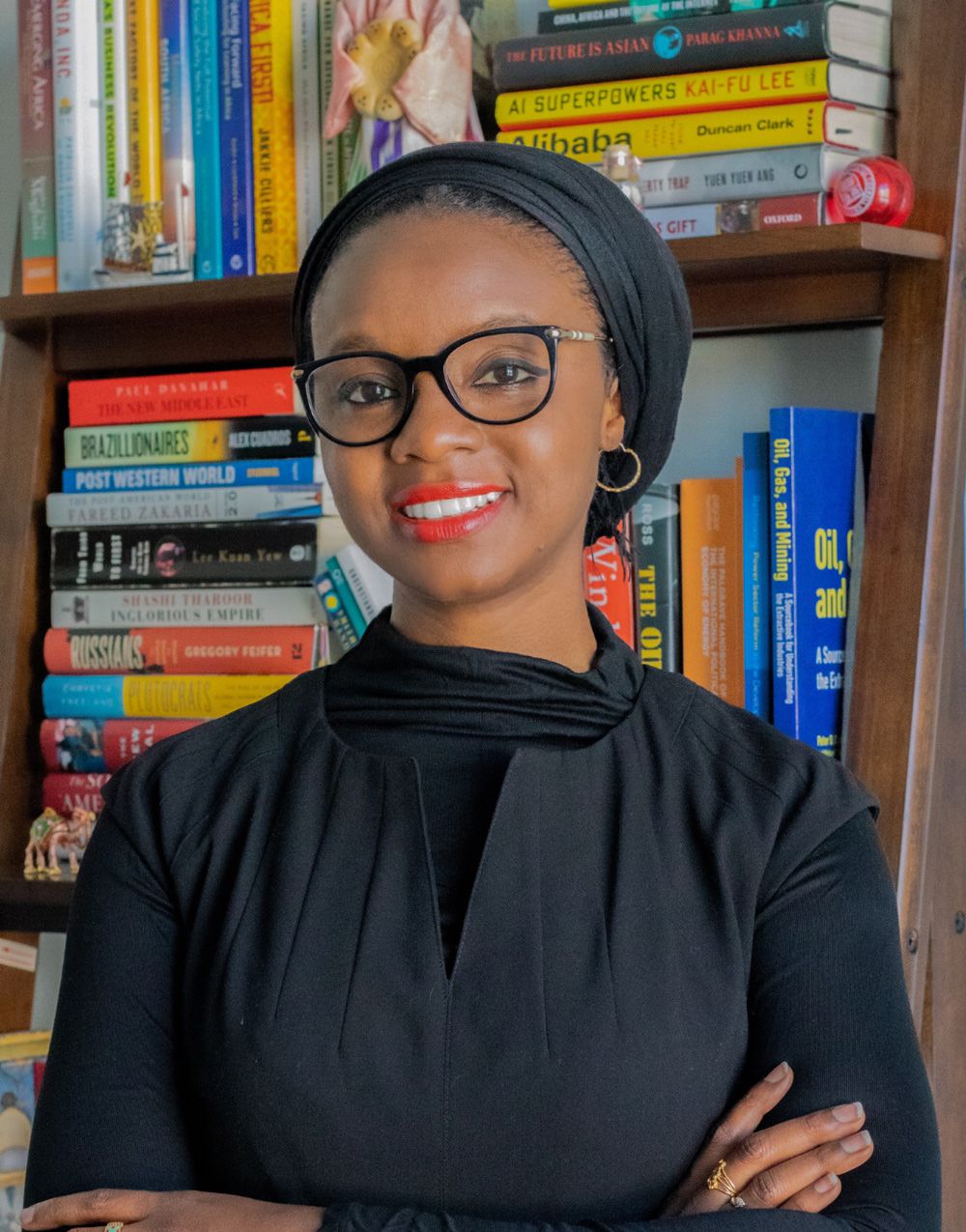
Former Director, Africa Program
Zainab Usman was a senior fellow and the inaugural director of the Africa Program at the Carnegie Endowment for International Peace.
Carnegie does not take institutional positions on public policy issues; the views represented herein are those of the author(s) and do not necessarily reflect the views of Carnegie, its staff, or its trustees.
Arms supplies from Russia to Iran will not only continue, but could grow significantly if Russia gets the opportunity.

Nikita Smagin
On the fourth anniversary of Russia’s full-scale invasion, Carnegie experts discuss the war’s impacts and what might come next.



Eric Ciaramella, Aaron David Miller, Alexandra Prokopenko, …
New data from the 2026 Indian American Attitudes Survey show that Democratic support has not fully rebounded from 2020.


Sumitra Badrinathan, Devesh Kapur, Andy Robaina, …
For climate-focused civil society in countries like Morocco, Algeria, and Tunisia to be most effective, organizations should work together to develop networks that extend their reach beyond their local area and connect across borders to share best practices and amplify each other’s work.

Sarah Yerkes
The recent African Cup of Nations tournament in Morocco touched on issues that largely transcended the sport.
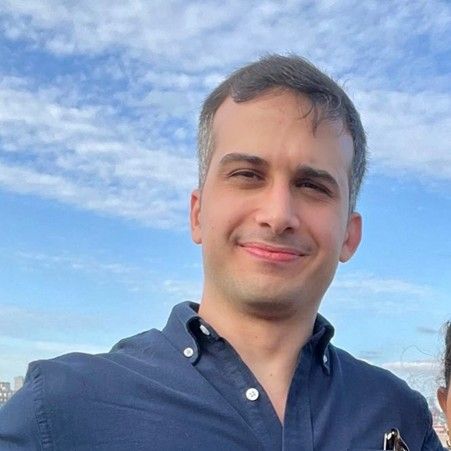
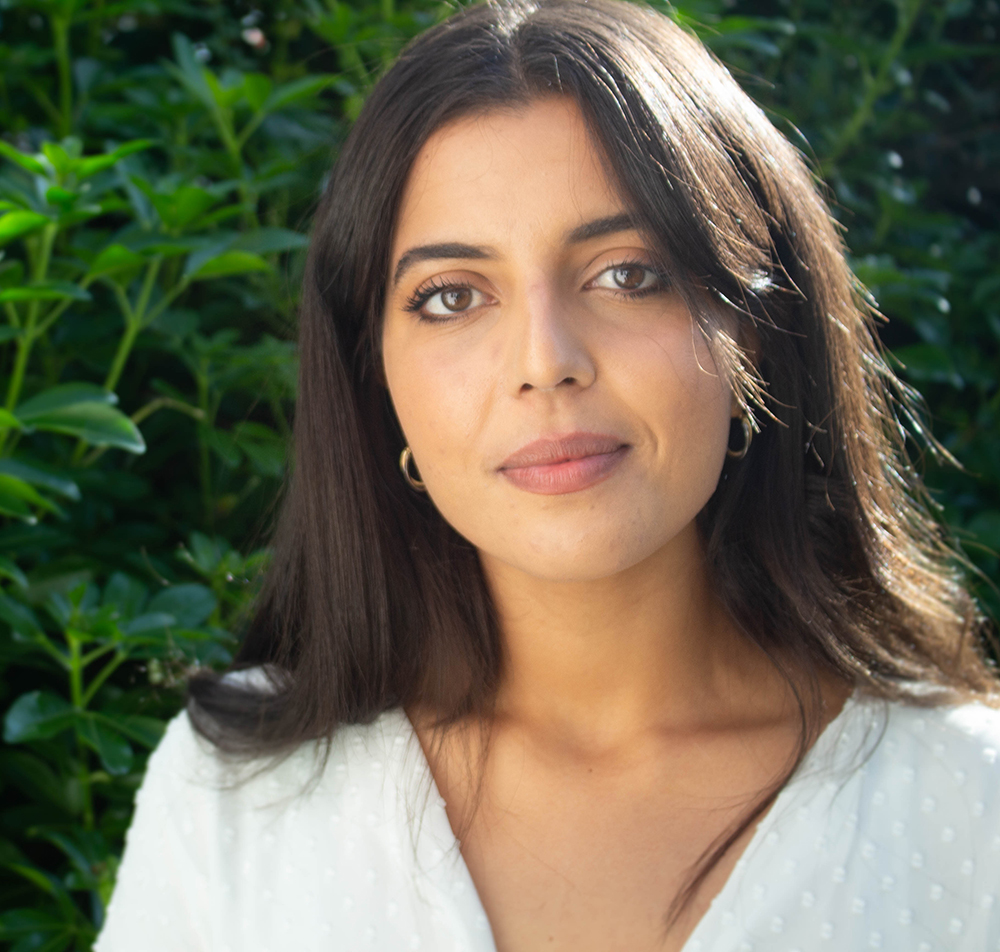
Issam Kayssi, Yasmine Zarhloule